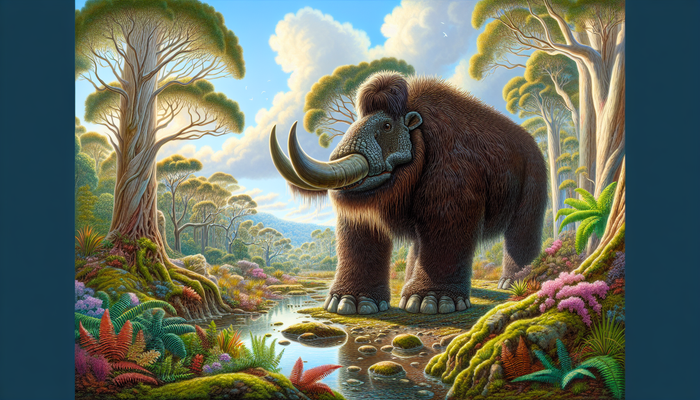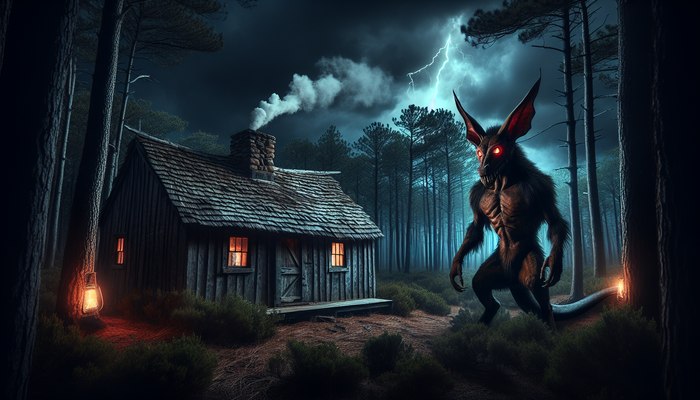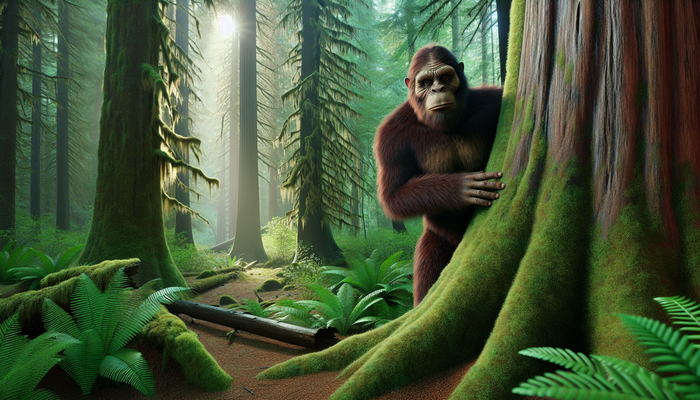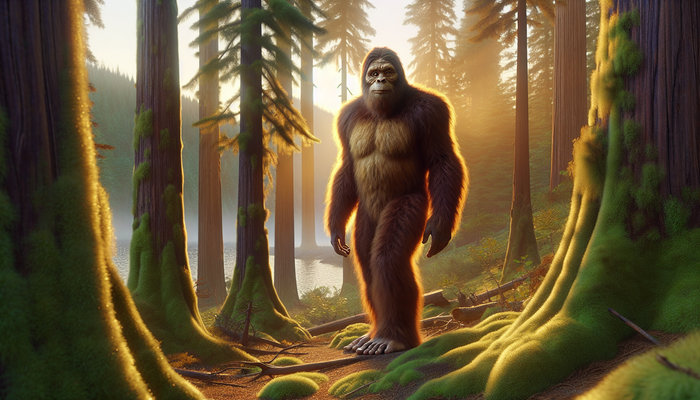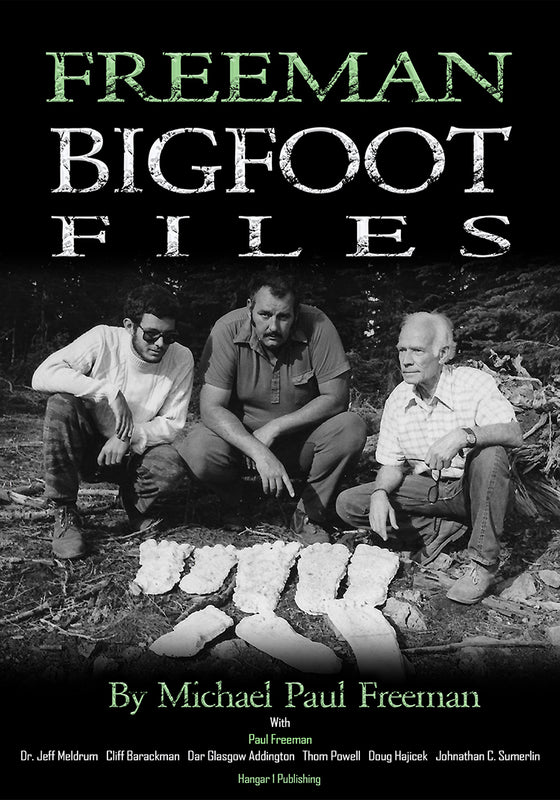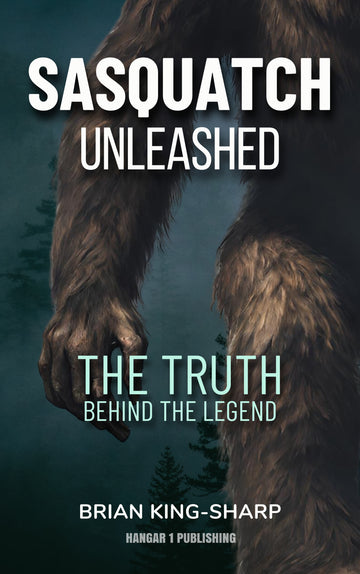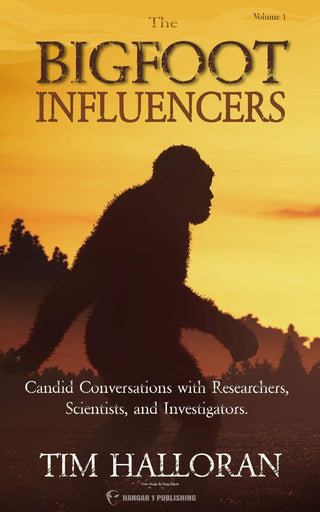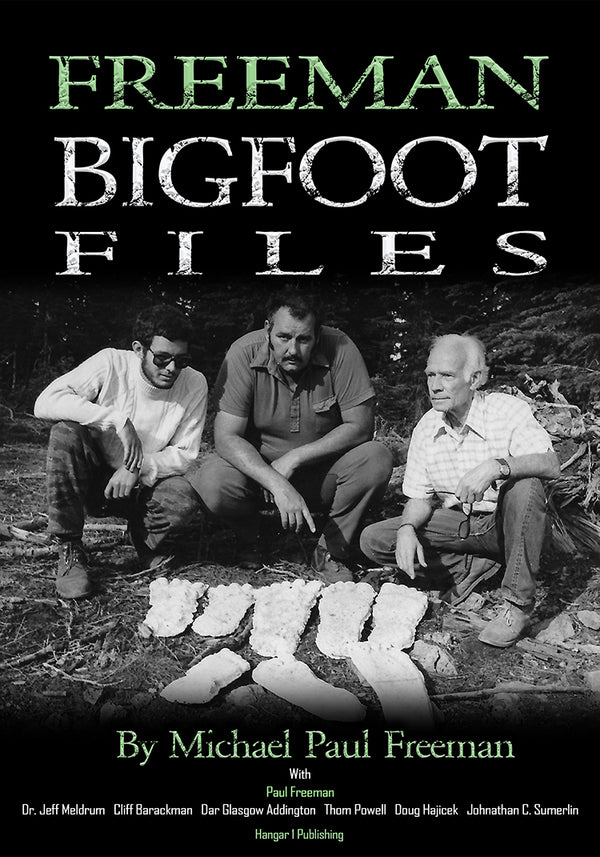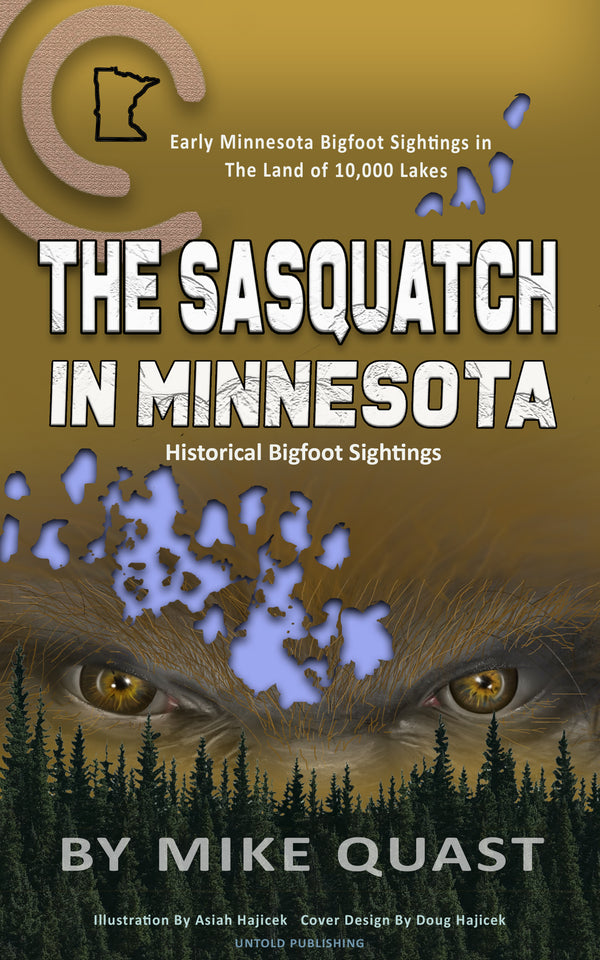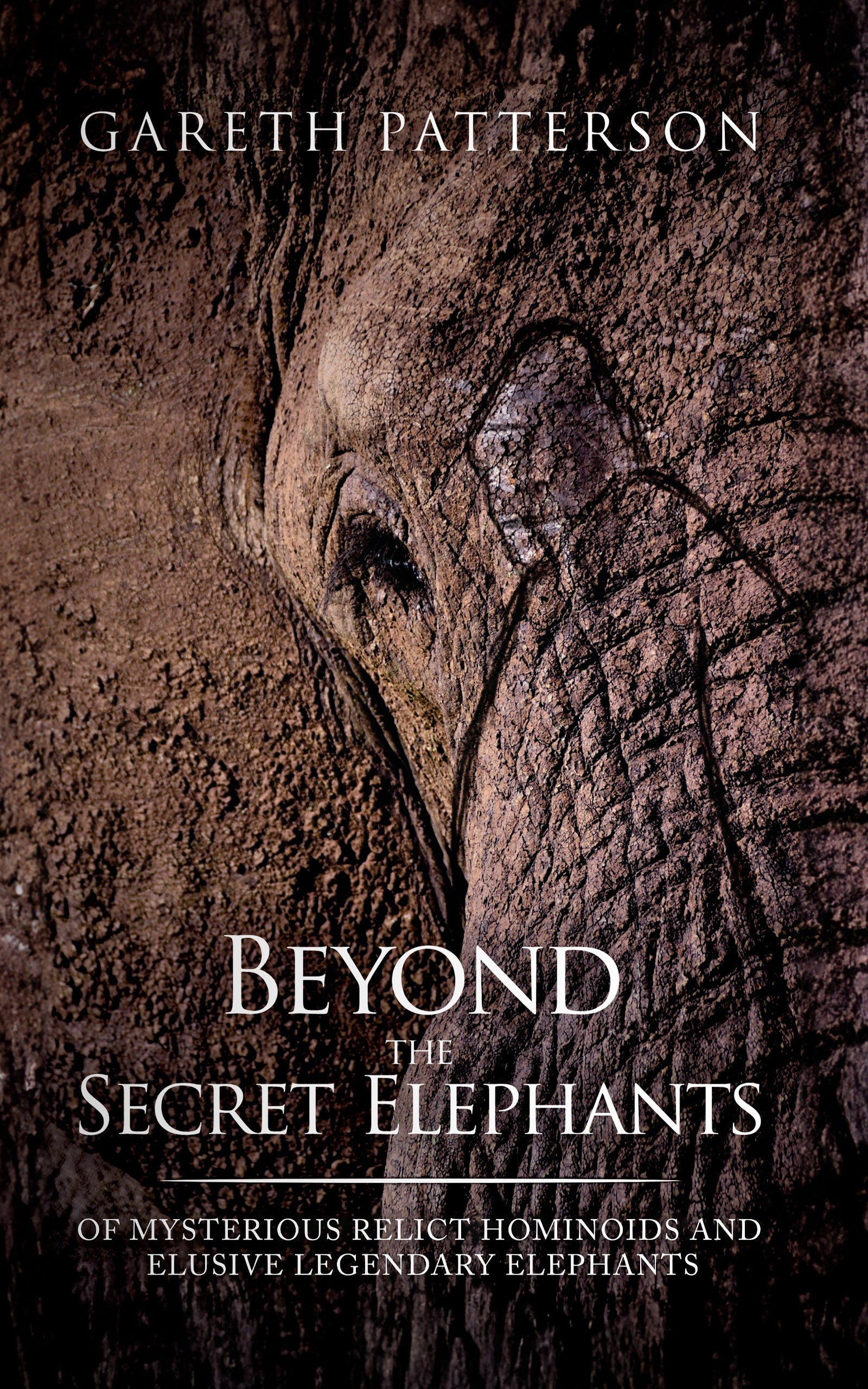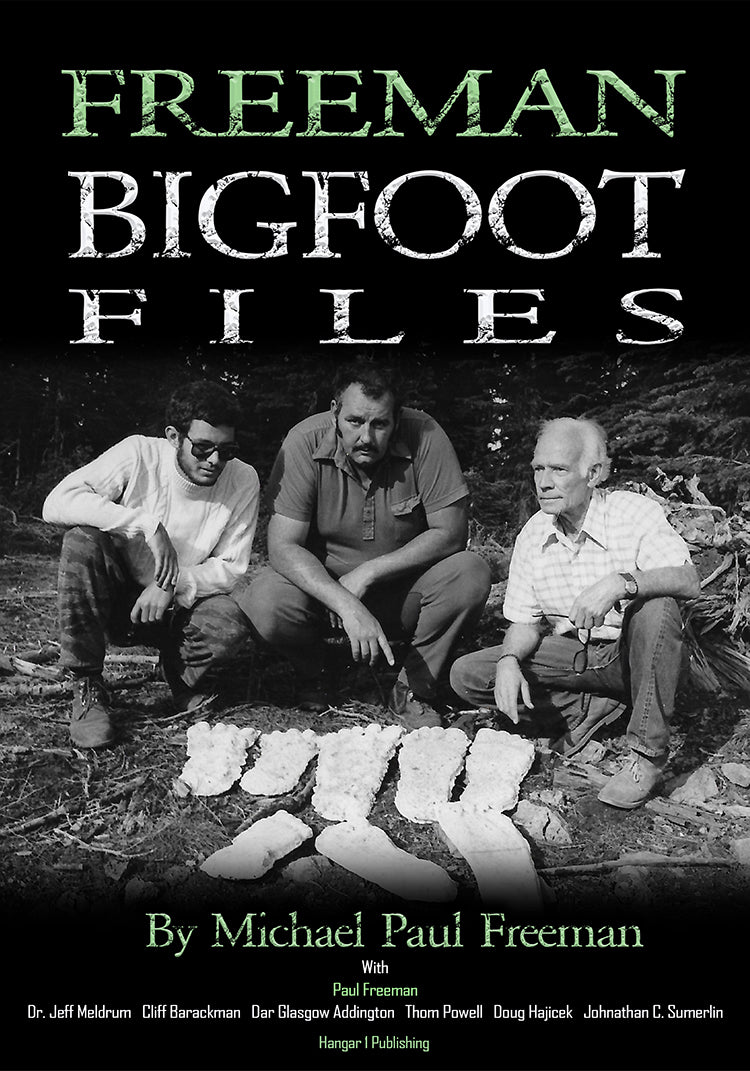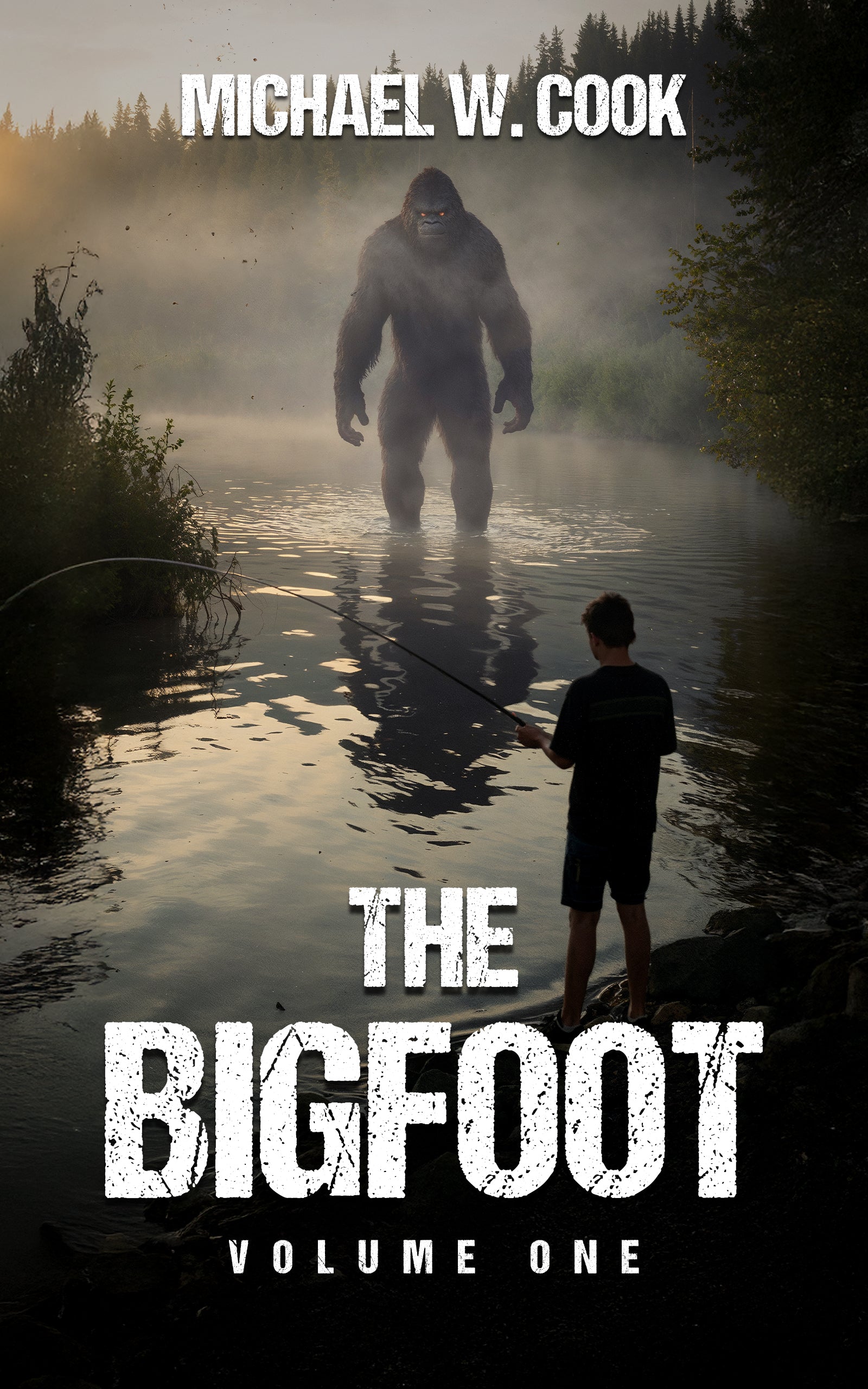Discover Bigfoot Encounter Hotspots Around the World
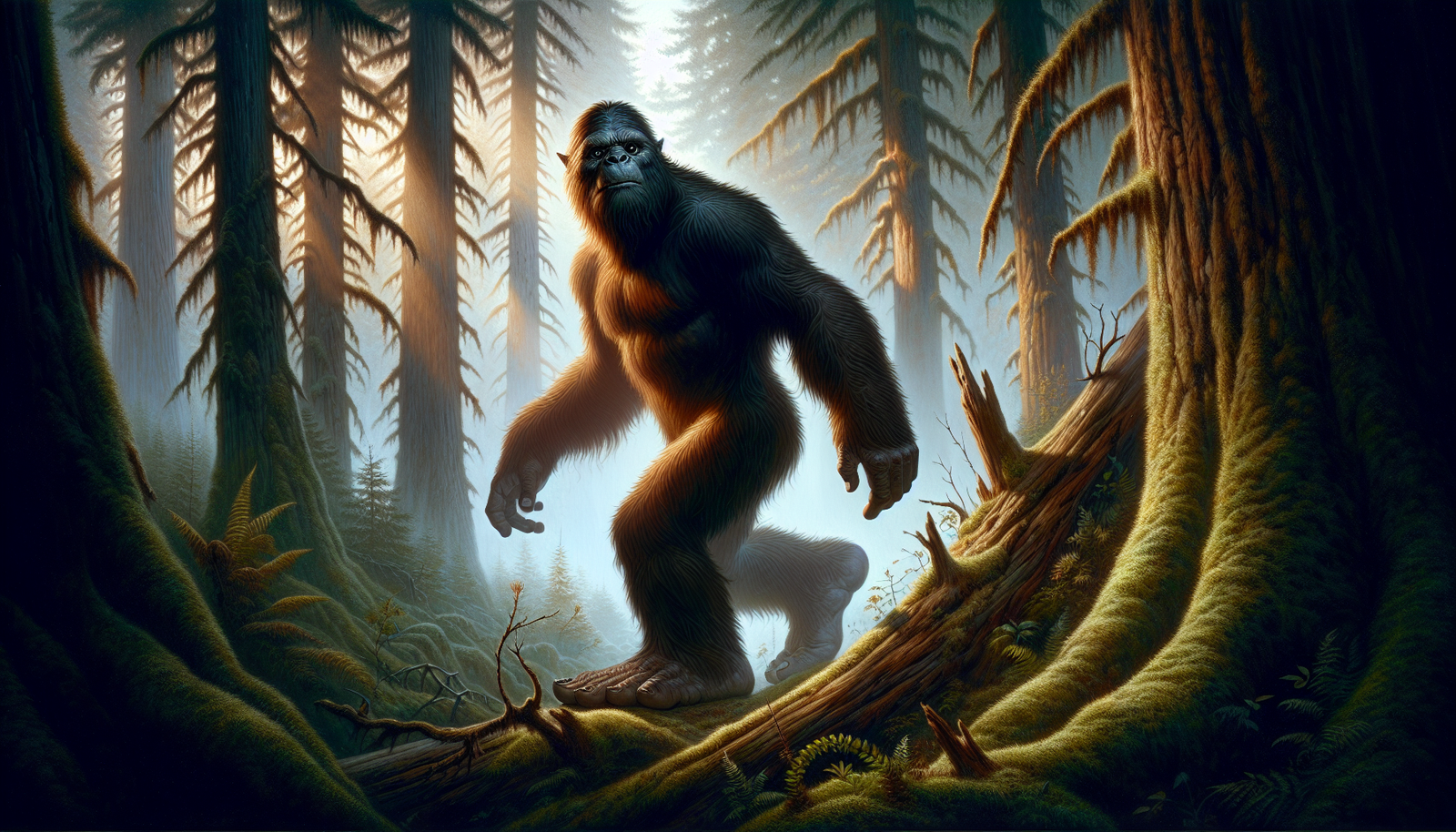
By Lucas Jennings, Cryptozoologist
The legend of Bigfoot has captivated the human imagination for generations, sparking countless debates, expeditions, and campfire tales. This elusive creature, known by many names across cultures, represents our enduring fascination with the unknown and the possibility that something extraordinary might still lurk in the shadows of our increasingly mapped and measured world.
But Bigfoot isn't just a North American phenomenon. From the misty forests of the Pacific Northwest to the snow-capped peaks of the Himalayas, reports of large, hairy, bipedal creatures have emerged from nearly every corner of the globe. These stories, whether viewed as fact, fiction, or something in between, have woven themselves into the fabric of local cultures and sparked a worldwide community of believers, skeptics, and curious onlookers.
In this exploration of Bigfoot encounter hotspots around the world, we'll trek through some of the most active areas for sightings, examine the unique characteristics of each region's cryptid, and consider the cultural impact these creatures have had on their respective communities. So lace up your hiking boots, grab your camera, and let's embark on a journey into the heart of Bigfoot country.
Understanding Bigfoot: More Than Just a Big, Hairy Guy
Before we dive into specific locations, let's get our bearings on what exactly we're looking for. Bigfoot, also known as Sasquatch, is typically described as a large, hair-covered, bipedal humanoid standing anywhere from 6 to 10 feet tall. Reports often mention a strong, unpleasant odor and footprints measuring up to 24 inches long.
But here's the kicker: Bigfoot isn't a one-size-fits-all creature. Depending on where you are in the world, the local version of Bigfoot might have some unique characteristics. In the American South, you've got the Skunk Ape, known for its particularly pungent aroma. Over in Australia, the Yowie is said to be more aggressive than its North American cousin. And let's not forget the Yeti, braving the frigid temperatures of the Himalayas.
The origins of these legends are as diverse as the creatures themselves. Many Native American tribes have centuries-old stories of wild men or hairy giants living in the forests. In the modern era, the term "Bigfoot" was coined in 1958 when large, mysterious footprints were found at a construction site in Bluff Creek, California. Since then, the creature has stomped its way into popular culture, starring in everything from serious documentaries to campy B-movies.
North America: Where Bigfoot Reigns Supreme
When it comes to Bigfoot sightings, North America is the undisputed champion. Let's start our tour in the heart of Sasquatch country: Washington State.
Washington: The Evergreen State of Bigfoot Encounters
If Bigfoot had a driver's license, it'd probably list Washington as its home address. With over 700 reported sightings, this state leads the pack in Bigfoot encounters. The dense forests, rugged mountains, and vast wilderness areas provide the perfect backdrop for our elusive friend.
Skamania County, in particular, takes its Bigfoot seriously. So seriously, in fact, that in 1969 they passed a law making it illegal to kill Bigfoot. Talk about protected species! This law was later amended to make Bigfoot-killing a misdemeanor rather than a felony, but still – it's the thought that counts, right?
Mount St. Helens is another Bigfoot hotspot, famous for the 1924 Ape Canyon incident. A group of miners claimed they were attacked by a gang of "ape-men" who pelted their cabin with rocks. Whether it was an angry Bigfoot family or just some very enthusiastic local wildlife remains a mystery.
Olympic National Park rounds out our Washington tour. With its diverse ecosystems and remote areas, it's prime real estate for any self-respecting Sasquatch. Hikers and campers in the park often report strange noises and glimpses of large, hairy figures moving through the trees.
Oregon: Where Bigfoot Meets Hipster
Just south of Washington, Oregon boasts its own impressive tally of over 250 Bigfoot sightings. The state's varied landscape, from coastal forests to high deserts, offers plenty of hiding spots for our cryptid friends.
Cave Junction, near the Oregon Caves National Monument, is a hotbed of Bigfoot activity. In 2000, a forest service worker reported a close encounter with a creature that left behind 18-inch footprints. Maybe Bigfoot was just interested in some spelunking?
The Columbia River Gorge, with its stunning vistas and numerous hiking trails, has also seen its share of Sasquatch sightings. Some theorize that Bigfoot uses the river as a travel corridor, which makes sense – even cryptids need efficient transportation options.
California: Hollywood of the Bigfoot World
With over 400 reported sightings, California isn't just about movie stars and tech moguls – it's got a healthy Bigfoot population too. The northern part of the state, with its vast wilderness areas, is particularly active.
Willow Creek, a small town in Humboldt County, has fully embraced its status as the "Bigfoot Capital of the World." It's home to the Bigfoot Museum, hosts an annual Bigfoot festival, and even features Bigfoot-themed street art. If Sasquatch ever decides to come out of hiding, Willow Creek would throw one heck of a welcome party.
The Sierra Nevada mountain range is another California Bigfoot hotspot. Its rugged terrain and remote areas provide plenty of space for a large, undiscovered primate to roam. Plus, with all the hikers and campers in the area, there's a steady supply of granola bars to raid – if you're into that sort of thing.
The Southern United States: Home of the Skunk Ape
As we head south, Bigfoot takes on a new persona – and a new smell. Enter the Skunk Ape, Florida's malodorous version of Sasquatch.
Florida: Where Bigfoot Goes to Retire
With over 300 reported sightings, Florida proves that Bigfoot isn't just a cold-weather creature. The Skunk Ape, as it's affectionately (or not so affectionately) known, is said to inhabit the state's swamps and forests.
Big Cypress National Preserve is ground zero for Skunk Ape sightings. Its vast swamplands and dense vegetation provide the perfect cover for a large, smelly primate. Some researchers speculate that the creature's strong odor might be an adaptation to repel insects in the swampy environment. Or maybe it just really needs a shower.
Myakka River State Park is another Skunk Ape hotspot. In 2000, an anonymous woman mailed several photos to the Sarasota Sheriff's Department, claiming they showed a Skunk Ape in her backyard. The photos, known as the "Myakka Skunk Ape Photos," have become some of the most famous – and controversial – pieces of Bigfoot evidence.
The Midwest: Land of the Grassman
As we move into the heartland, Bigfoot takes on yet another identity. In Ohio, it's known as the Grassman, a name that conjures images of a very large, very hairy landscaper.
Ohio: Where Bigfoot Meets the Buckeyes
With over 300 reported sightings, Ohio holds its own in the Bigfoot world. The state's mix of forests, hills, and rural areas provides plenty of potential Grassman habitat.
Salt Fork State Park is a hotbed of Grassman activity. The park's dense forests and numerous camping areas have yielded multiple sightings over the years. There's even a trail named "Bigfoot Ridge" – talk about truth in advertising!
Cuyahoga Valley National Park, despite its proximity to urban areas, has also seen its share of Bigfoot encounters. Some theorize that the creature uses the park's river valley as a travel corridor between more remote areas. Maybe it's just trying to avoid traffic like the rest of us.
The Eastern United States: Stomping Grounds of the Woodbooger
As we head east, Bigfoot picks up yet another colorful moniker. In parts of the Appalachian Mountains, particularly in Virginia and West Virginia, the creature is known as the Woodbooger. It's unclear whether this name refers to its habitat or its personal hygiene habits.
West Virginia: Wild and Wonderful... and Hairy
West Virginia's rugged mountains and vast forests make it prime Bigfoot – er, Woodbooger – territory. The state has a long history of sightings dating back to the early 1800s.
Monongahela National Forest is a hotspot for Woodbooger activity. Its remote trails and dense vegetation provide plenty of cover for a large, elusive creature. Some researchers believe that the area's extensive cave systems might serve as Bigfoot dwellings.
The town of Flatwoods, while more famous for its alleged UFO incident in 1952, also has its share of Bigfoot sightings. Some cryptid enthusiasts speculate about a connection between UFO activity and Bigfoot – because why have one mystery when you can have two?
Global Perspectives: Bigfoot's Cousins Around the World
While North America might be the Bigfoot capital of the world, the legend of large, hairy humanoids is truly a global phenomenon. Let's take a whirlwind tour of some international Bigfoot hotspots.
Canada: The Great White North's Great Hairy Beast
In Canada, Bigfoot goes by its indigenous name, Sasquatch, which comes from the Halkomelem word "sásq'ets," meaning "wild man." The creature is deeply rooted in the folklore of many First Nations peoples.
Pacific Rim National Park on Vancouver Island is a hotspot for Sasquatch activity. The park's dense rainforests and remote coastlines provide an ideal habitat for a large, undiscovered primate. In 1970, a group of hikers reported seeing a large, hair-covered creature near Tofino, sparking a surge of interest in the area.
The Great Bear Rainforest in British Columbia is another area rich in Sasquatch lore. This vast, pristine wilderness is home to a unique ecosystem – and, according to some, a thriving Bigfoot population. Indigenous guides in the area often share stories of encounters passed down through generations.
Australia: Land of the Yowie
Down Under, Bigfoot takes the form of the Yowie, a creature from Aboriginal folklore that's said to inhabit the Australian wilderness.
The Blue Mountains west of Sydney are a hotbed of Yowie activity. The area's rugged terrain and vast eucalyptus forests have yielded numerous sightings over the years. In 1912, a group of campers near Jenolan Caves reported being terrorized by a large, ape-like creature – an encounter that's become known as the "Yowie incident."
The ancient Daintree Rainforest in Queensland is another Yowie hotspot. This prehistoric landscape, largely unchanged for millions of years, could conceivably harbor an undiscovered primate species. Local tour guides often regale visitors with tales of Yowie encounters, mixing indigenous lore with more recent sightings.
Asia: Home of the Yeti and Other Hairy Hominids
Asia boasts its own rich tradition of Bigfoot-like creatures, from the Yeti of the Himalayas to the Yeren of China.
Mount Everest and the surrounding Himalayan region have a long history of Yeti sightings. Mountaineers and Sherpas have reported encounters with large, ape-like creatures in the snow for centuries. In 1951, Eric Shipton, a British mountaineer, photographed what he claimed were Yeti footprints – images that sparked a global fascination with the "Abominable Snowman."
In China, the Shennongjia forest in Hubei province is known for sightings of the Yeren, or "wild man." The dense, mist-shrouded forests of this region have yielded numerous reports of large, hair-covered bipeds. The Chinese government has even sponsored scientific expeditions to search for evidence of the creature's existence.
The Cultural Footprint of Bigfoot
Bigfoot's influence extends far beyond the realm of cryptozoology. The creature has left an indelible mark on popular culture, local economies, and even scientific inquiry.
Festivals and Conventions: Where Bigfoot Enthusiasts Gather
Across North America and beyond, Bigfoot festivals and conventions draw thousands of enthusiasts each year. These events are a unique blend of serious research presentations, eyewitness testimonies, and good old-fashioned fun.
The annual Bigfoot Festival in Honobia, Oklahoma, is one of the largest gatherings of its kind. Featuring guest speakers, guided expeditions, and even a Bigfoot calling contest, the festival attracts believers and skeptics alike from across the country.
The Ohio Bigfoot Conference, held annually in Salt Fork State Park, takes a more research-oriented approach. Here, leading Bigfoot researchers present their latest findings and theories, making it a must-attend event for serious enthusiasts.
Economic Impact: When Bigfoot Becomes Big Business
Many towns and regions have capitalized on their Bigfoot connections, turning cryptid tourism into a significant economic driver.
Willow Creek, California, has fully embraced its status as a Bigfoot mecca. The town's Bigfoot Museum draws thousands of visitors each year, and local businesses offer everything from Sasquatch-themed hotel rooms to Bigfoot burgers.
In the small town of Whitehall, New York, Bigfoot has become a major part of the local identity. The town has erected a Bigfoot statue, hosts an annual Bigfoot festival, and even features the creature on its official town signs. This embrace of cryptid culture has brought a much-needed boost to the local economy.
The Science of Sasquatch: When Cryptozoology Meets Academia
While mainstream science remains skeptical of Bigfoot's existence, the creature has inspired some serious scientific inquiry.
The Bigfoot Field Researchers Organization (BFRO) maintains an extensive database of Bigfoot sightings and conducts regular expeditions to investigate reports. While not affiliated with any academic institution, the BFRO's work has contributed significantly to the field of Bigfoot research.
Some academics have taken a professional interest in the Bigfoot phenomenon. Dr. Jeff Meldrum, a professor of anatomy and anthropology at Idaho State University, has conducted extensive research on alleged Bigfoot footprint casts. His work, while controversial, has brought a level of scientific rigor to the study of Bigfoot evidence.
The Enduring Mystery of Bigfoot
As we conclude our world tour of Bigfoot hotspots, one thing becomes clear: the allure of this mysterious creature transcends cultural and geographical boundaries. Whether viewed as a flesh-and-blood animal, a spiritual entity, or a product of human imagination, Bigfoot represents our enduring fascination with the unknown.
The vast wilderness areas we've explored – from the misty forests of the Pacific Northwest to the snow-capped peaks of the Himalayas – remind us that our world still holds mysteries. In an age of satellite mapping and DNA analysis, the idea that a large, undiscovered primate could be living right under our noses is both thrilling and humbling.
For some, the search for Bigfoot is a serious scientific pursuit. For others, it's a fun hobby or a way to connect with nature. And for many of the communities we've visited, Bigfoot has become an important part of local identity and economy.
As technology advances and our exploration of the natural world continues, will we finally solve the mystery of Bigfoot? Or will this elusive creature continue to capture our imaginations, always one step ahead of discovery? Only time will tell. But one thing's for sure – as long as there are unexplored corners of our world, there will be those who venture into the wilderness, hoping for a glimpse of something extraordinary.
So the next time you're hiking through a remote forest or camping in the backcountry, keep your eyes and ears open. You never know what you might encounter in the world's Bigfoot hotspots. And if you do happen to come face-to-face with a large, hairy, bipedal creature... well, make sure your camera is ready. The world is waiting for that perfect Bigfoot selfie.
From Bigfoot to UFOs: Hangar 1 Publishing Has You Covered!
Explore Untold Stories: Venture into the world of UFOs, cryptids, Bigfoot, and beyond. Every story is a journey into the extraordinary.
Immersive Book Technology: Experience real videos, sights, and sounds within our books. Its not just reading; its an adventure.


